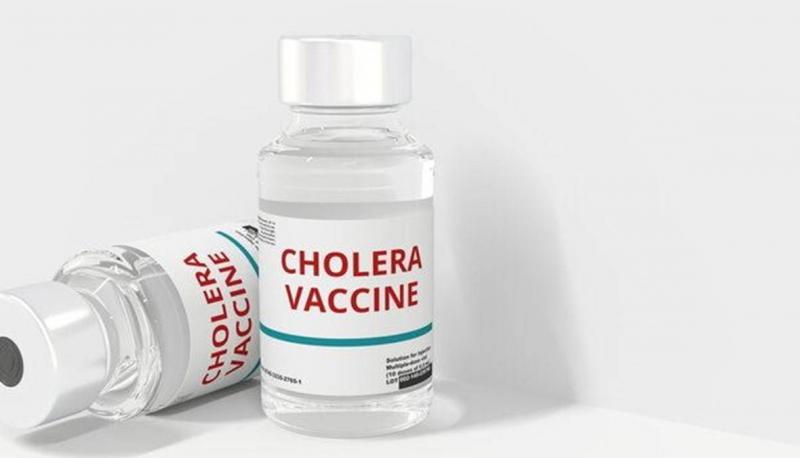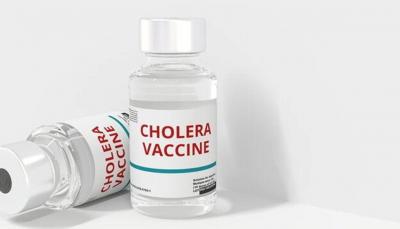The World Health Organization (WHO) has authorized a simplified version of an oral cholera vaccine, allowing for increased overall production of these vaccines amid widespread transmission of the virus globally. In a statement on Friday, the WHO announced that the "Euvichol-S" vaccine is a simplified formulation of "Euvichol-Plus," with fewer components, enabling faster production of larger quantities.
The South Korean company "Eu Biologics," which has previously had its vaccines "Euvichol" and "Euvichol-Plus" approved by the WHO, will produce the new vaccine. The WHO clarified that the efficacy rate of "Euvichol-S" is similar to that of the more complex formulations. Rogério Gaspar, Head of Regulation and Prequalification at WHO, stated that "the new vaccine is the third product from the same family of cholera vaccines on our prequalification list." He expressed hope for a "rapid increase in production and supplies urgently needed by many communities facing cholera outbreaks."
Cholera is a disease transmitted through food and water contaminated with feces containing the "Vibrio cholerae" bacteria. It causes diarrhea and vomiting and can be dangerous for young children. In recent years, cholera cases have doubled worldwide, with the WHO reporting 473,000 cases in 2022, which is double the number recorded in 2021. Preliminary data indicates that over 700,000 cases were recorded in the past year.
Despite an eighteen-fold increase in global cholera vaccine supplies between 2013 and 2023, rising demand has led to a worldwide shortage. Currently, 23 countries have reported cholera outbreaks. To address this situation, the WHO now recommends receiving a single dose of the vaccine instead of two.
The virus's most severe impacts have been noted in the Comoros, Democratic Republic of the Congo, Ethiopia, Mozambique, Somalia, Zambia, and Zimbabwe. According to the Global Alliance for Vaccines and Immunization (GAVI) and UNICEF, the WHO's approval of the new vaccine will help increase the global stock from 38 million doses in 2023 to nearly 50 million this year. The shelf life of the liquid vaccine is 24 months.




